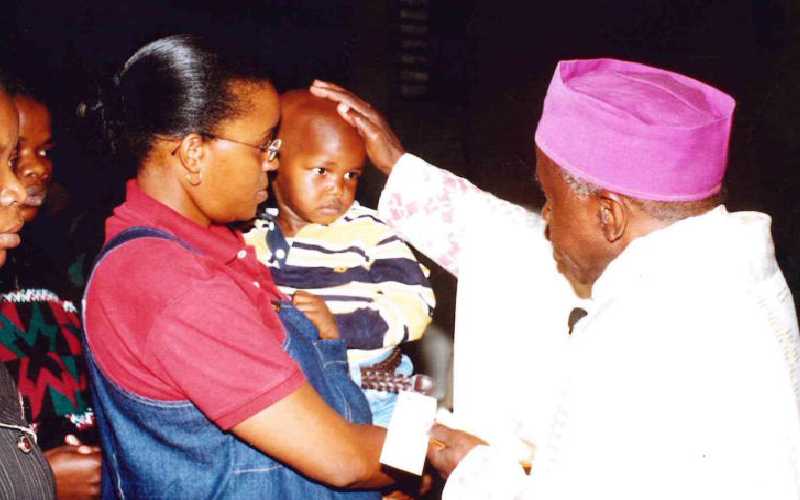×
The Standard e-Paper
Smart Minds Choose Us

Archbishop Emeritus Ndingi Mwana a'Nzeki blesses a child during mass. [File, Standard]
Believe what you read. Teach what you believe. Practice what you teach, is a philosophy taught to men during their ordination to diaconate, a step preceding priesthood.